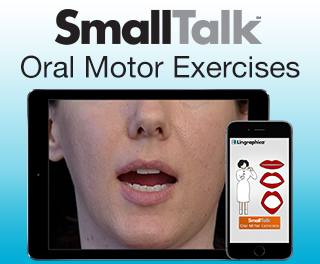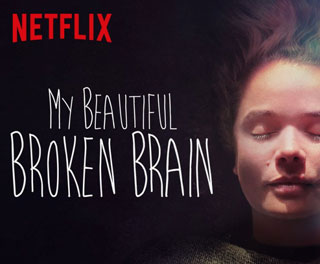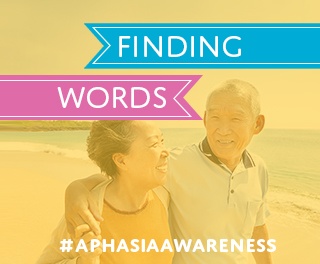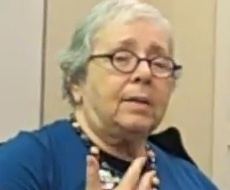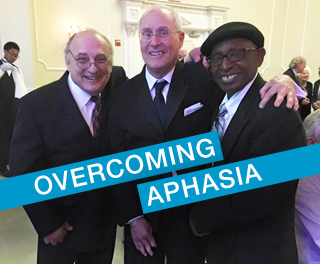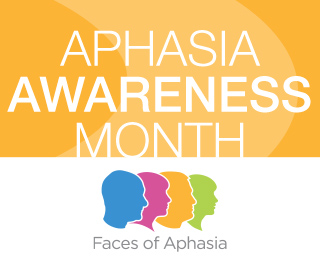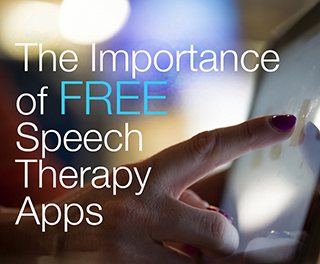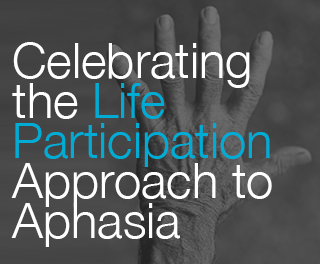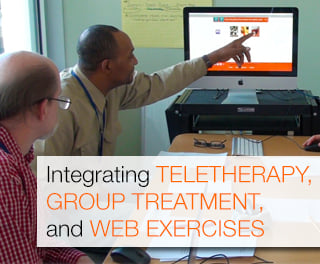This is the first in a series of blogs that will feature our free SmallTalk apps available for the iPad®, iPhone® and iPod touch® on the App Store®. At Lingraphica, we understand that a communication device may not be a good fit for everyone. This is why we offer a number of products, services and apps – for free! We want to be a resource for anyone working hard to improve a speech or cognitive impairment.
If you are looking for an uplifting movie to watch this weekend, then you don’t want to miss My Beautiful Broken Brain, a Netflix original documentary about a young woman who suffers a stroke and finds out what it takes to live with aphasia.
Today is the first day of Aphasia Awareness Month! We're excited to partner with two non-profit organizations supporting aphasia, AphasiaAccess and the National Aphasia Association, for a special advocacy campaign called: "Finding Words." The campaign aims to raise awareness of aphasia by collecting user-generated stories with the prompt, what one word would you use to describe aphasia and why? Lingraphica and its partners are encouraging all individuals touched by aphasia to submit their answers to this question.
Joe Greenhouse is a successful businessman and engineer. He is a proud alumnus of the University of Illinois and the University of Pennsylvania.
We're excited to announce our latest TalkPath product, TalkPath News is now available for Android and Apples device users! Not only is TalkPath News Lingraphica's first Android app, it's also the result of a long-held dream to help adults with aphasia and other speech disorders enjoy the news.
June is Aphasia Awareness Month! We’re partnering with aphasia centers, support groups, university centers, and individuals to raise awareness with a campaign called, “Faces of Aphasia.” Read on to learn more about aphasia and see how you can get involved!
As many as two million Americans have aphasia, but many people don’t even know about it! We’ve outlined the basic facts about aphasia below.
By Denise McCall, MA, SLP-CCC
Imagine you’re a successful accountant running your own small business. Every day you manage budgets, address clients, and work hard to grow your business. During a stressful day you feel lightheaded and end up in the hospital. A doctor explains that you’ve had a stroke. Your words are jumbled and you have difficulty processing language. A second doctor tells you that you have aphasia.
This week, several members of our team are joining hundreds of thought leaders, speech-language pathologists, and aphasia advocates in Boston for the first inaugural AphasiaAccess Leadership Summit.
For many years it was widely believed post-stroke survivors with aphasia would essentially plateau six months into their recovery. In an effort to test this assumption and support the community of adults with chronic aphasia, we studied the effectiveness of our speech-generating devices in the recovery and improvement of speech for adults with aphasia long after onset. Our research proved that adults can improve significantly beyond six months with the help of a speech device.


